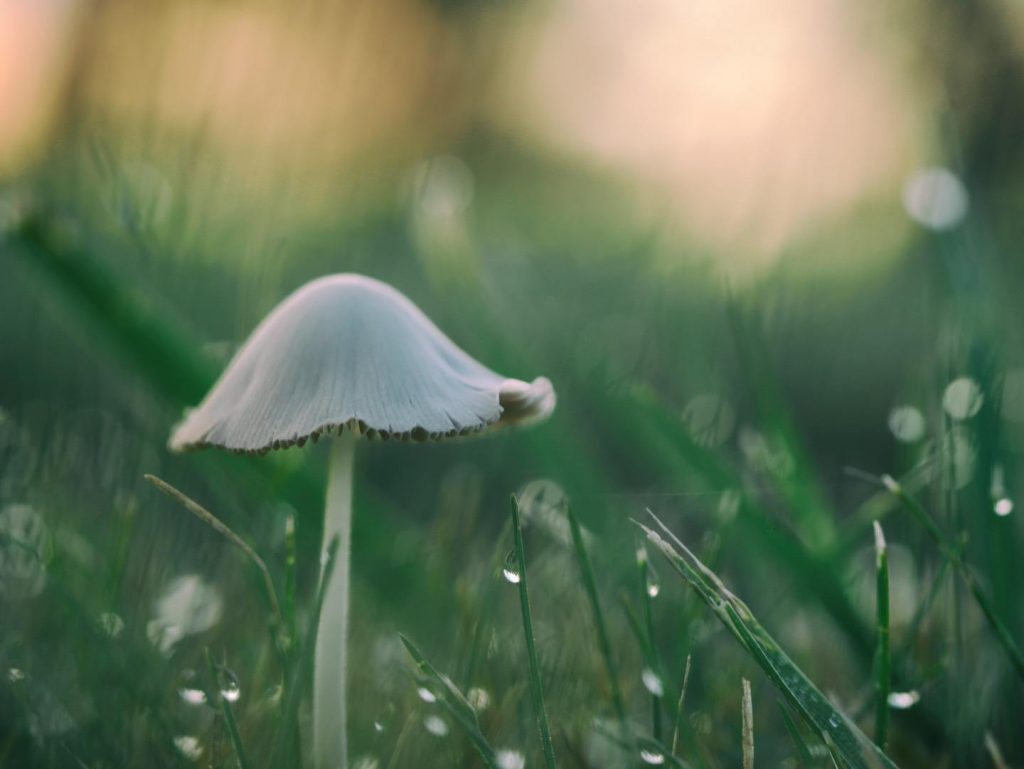
In the parable of the sower, Jesus tells a story of a farmer who goes out to sow his seed. The people largely don’t understand what they are hearing. They know it is truth and that there is power in it, but they can’t put their finger on it. The full application of the truth of the parable is beyond their grasp. Jesus does explain the parable to His disciples though, saying, “The knowledge of the secrets of the kingdom of heaven has been given to you, but not to them.” The disciples of Jesus – those who follow Him – are given insight to the full spiritual truth. Those who come to see but not to follow are simply not given that truth. This is the will of God, “Whoever has will be given more, and he will have an abundance. Whoever does not have, even what he has will be taken from him.”
As if to emphasis that point, Jesus tells them another parable that also involves a farmer, a field and seed to be sowed. Except whereas the previous parable focused on the soil the farmer was sowing in, this one focuses on the experience that the farmer has in sowing, because he finds the resultant crop is a mixture of both good plants and bad plants. To that end this parable is called the parable of the weeds: “Jesus told them another parable: “The kingdom of heaven is like a man who sowed good seed in his field. But while everyone was sleeping, his enemy came and sowed weeds among the wheat, and went away. When the wheat sprouted and formed heads, then the weeds also appeared.””
Later, Jesus will give His disciples the full interpretation of the parable. Yet the implication is very clear from the outset; The parable illustrates that on account of the enemy, the field we sow in does not yield all harvestable material.
Weeds grow in the same place as good plants, but weeds care nothing for the plants around them. Like all plants, they need and want light wand water. But weeds aren’t satisfied with the same provision as others. They hoard light and water unto themselves. They rush to be the tallest, broadest and largest of their surrounding brethren. One might describe them as selfish and proud. Worse, though they grow in the farmer’s field, they care nothing for the farmer at all. They have no intention of producing the kind of fruit the farmer wants. In fact, if they can, they will try to injure any who dare to grace them with touch. They live only to self-sow even more unhelpfulness.
Obviously the plants living next to weeds do not possess sight as the farmer has sight, so they cannot see as the farmer sees. But Jesus isn’t telling this parable to plants. He is telling it to His disciples – to people who can and must recognize when others who purport to be ‘in the kingdom’ are not of the kingdom.
Every lifelong Gospel minister knows the profound truth this parable communicates. We work in God’s field, which we expect will be full of good people. But some we come across in our work are not helpful to the cause at all. Though they count themselves among God’s people and claim they stand for truth and speak truth and belong to the light, the people they interact with on a regular basis are not better off for engagement with them. Such people leave everyone near to them discouraged, disappointed and distraught – and all the more as time goes on. Worse, they are oblivious to their own impact as they care only for themselves.
Still, they are part of the congregation, and often have been there since the start. As such, they cannot be uprooted without causing great distress. What then are we do do? Our Lord commands, “Let both grow together until the harvest.” We must yet tenderly care for the whole field, until the day of harvest comes.
See how the farmer waits for the precious fruit of the earth, being patient about it, until it receives the early and the late rains. 8 You also, be patient.
James, brother of Jesus (from James 5:7-8)
APPLICATION: Thankfulness
Our purpose is only blessing. Judgment belongs to God alone.

